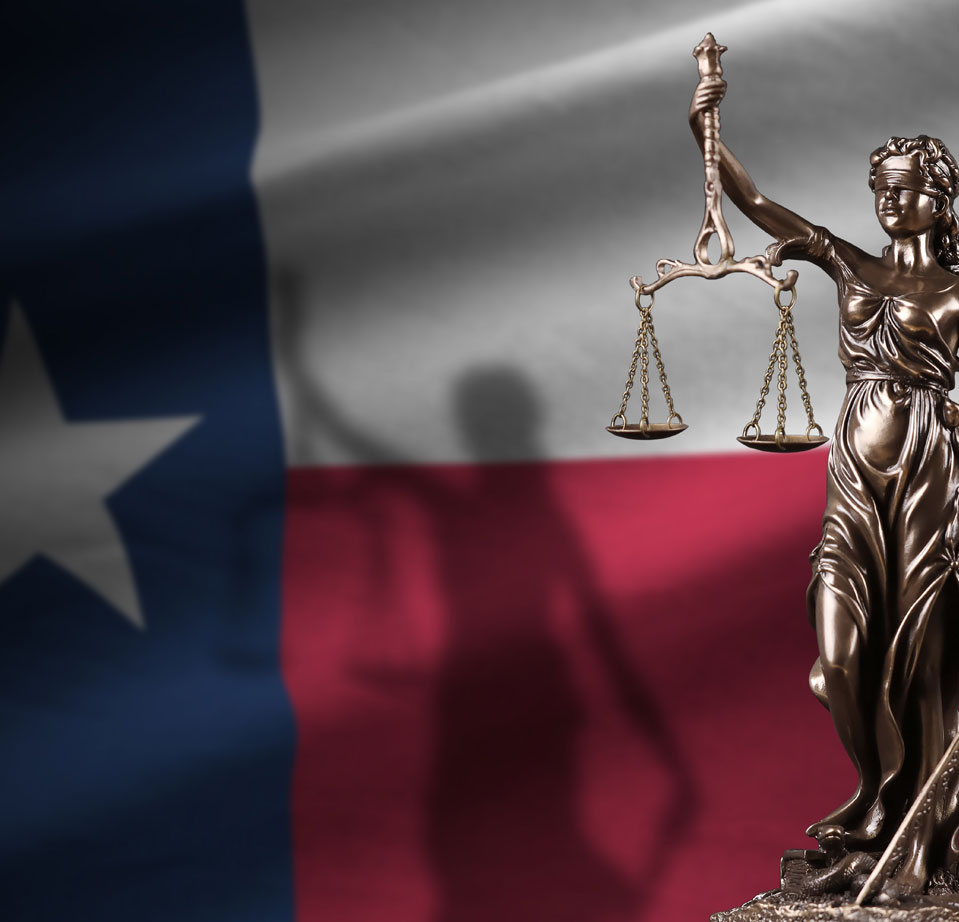2,000 Federal Crime Convictions to Be Reviewed for Validity

In an unprecedented and very positive move, the U.S. Department of Justice has just announced that it will undertake a massive review of federal convictions that may have been based on misleading testimony by FBI laboratory analysts. Federal prosecutors will comb through the cases of more than 2,000 people, some of whom are facing the death penalty, who were convicted of federal crimes between 1985 and 2000 based on FBI testimony involving microscopic hair analysis.
Why is the agency reviewing all these convictions? The Innocence Project, a nonprofit legal clinic affiliated with the Benjamin N. Cardozo School of Law at Yeshiva University, has submitted hard evidence that many cases in which FBI lab analysts testified about hair samples resulted in wrongful convictions.
The group has exonerated at least 310 people since 1992, when the Project was founded. Of those 310 people, as many as 72 were falsely convicted in part based on microscopic hair analysis. It appears that in many cases the FBI crime lab analysts who testified against them exaggerated the significance of their findings. In other words, they failed to fairly present the details of the science involved. This made it appear to juries that the evidence unquestionably proved the defendants’ guilt, when in fact it did not.
Working with the National Association of Criminal Defense Lawyers and pro bono attorneys who represent indigent criminal defendants, the Innocence Project pressed its claims with the Justice Department, which is only acting ethically in agreeing to this review.
The government’s willingness to admit error and accept its duty to correct those errors in an extraordinarily large number of cases is truly unprecedented,” exclaimed a spokesperson for the Innocence Project. “It signals a new era in this country that values science and recognizes that truth and justice should triumph over procedural obstacles.”
Federal prosecutors will review each case and, in many of them will order a new analysis of the hair in question. Each test costs several thousand dollars. They have also agreed to waive any necessary procedural deadlines for affected defendants and to notify them of any issues discovered in their cases.
This is just a first step. The Innocence Project has shown that improper testimony about this science has resulted in wrongful convictions for both state and federal crimes, and the defense organizations hope to convince state crime labs and prosecutors to undertake a similar review. The Justice Department deserves praise for taking this important step.
Source: Star-Telegram, “FBI announces review of 2,000 cases featuring hair samples,” Michael Doyle, McClatchy Washington Bureau, July 18, 2013



